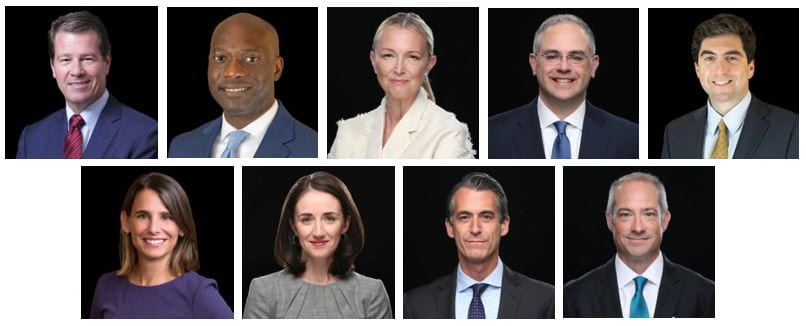by Robert A. Cohen, James W. Haldin, Daniel S. Kahn, Maude Paquin, and Michael Scheinkman

Left to right: Robert A. Cohen, James W. Haldin, Daniel S. Kahn, Maude Paquin, and Michael Scheinkman (Photos courtesy of Davis Polk & Wardwell LLP)
The Federal Trade Commission launched Operation AI Comply, announcing enforcement actions against five companies for alleged deception regarding artificial intelligence. The FTC’s actions mark the latest U.S. scrutiny of AI-related misconduct.
Background
On September 25, 2024, as part of a new enforcement “sweep” called Operation AI Comply, the FTC announced enforcement actions against five companies that allegedly used artificial intelligence (AI) to “supercharge deceptive or unfair conduct that harms consumers.” According to the FTC, these cases showcase how “hype surrounding AI” is used to “lure consumers into bogus schemes” and to provide AI-based tools that themselves can be used to deceive consumers. In announcing the actions, FTC Chair Lina Khan stated that “[t]he FTC’s enforcement actions make clear that there is no AI exemption from the laws on the books.”



